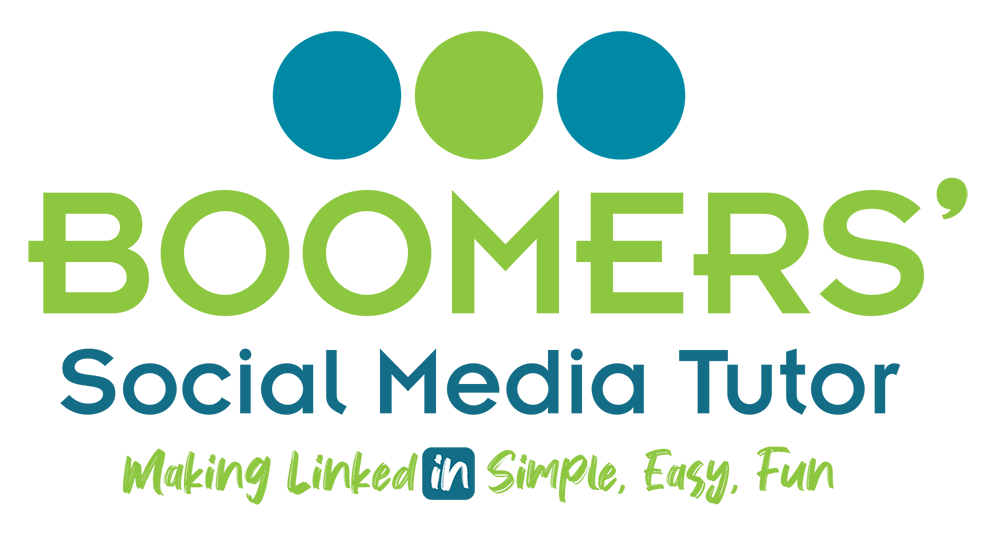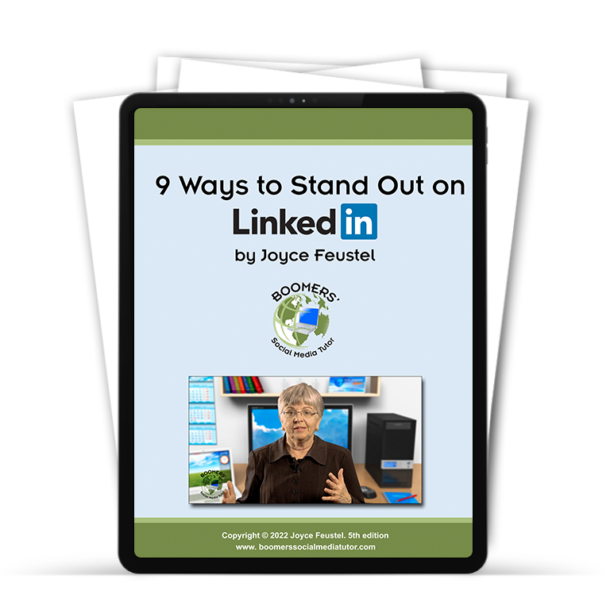Do you mentor others through social media?
There are countless ways to use social media to mentor others. And just as when you mentor people in real life, you end up benefiting just as much, if not more, as the person being mentored.
Not long after I got active on LinkedIn, I happened to read a discussion posted in the Toastmasters International LinkedIn group by a fellow named Raj. He was looking for some guidance on a specialized speaking project, and no one in his club had ever done that type of project, which involved interpersonal communication.
His request caught my attention, as I had not only done a project of this nature, I had recently given a presentation on the topic covered in that project at a recent Toastmasters conference.
So, I reached out to him through LinkedIn to offer my assistance.
That was early in 2009, and Raj and I remain in touch. In fact, he has often referred to me as his Toastmasters mentor. My relationship with him is really what got me hooked on LinkedIn. Before the days of social media, our paths would not have crossed as I live in Colorado, and he lives in Dubai in the United Arab Emirates.
Ways to Mentor Others Through Social Media
- Don’t just join LinkedIn or Facebook groups in your industry or professional field. Become active in them. Ask questions and share your suggestions when others ask for advice. Be professional so the focus remains on your knowledge and insight. Then, as you find that you have things in common with members, reach out to them via the messaging option available to group members. You may also find that others are reaching out to you. Be sure to respond to those messages quickly.
- If you are active in an organization like Toastmasters (an international communication and leadership group), service clubs, or any other hobby or professional group, look for their groups on LinkedIn and Facebook. Then follow the steps outlined in number one above.
- Once you have even an informal mentor/mentee relationship, share relevant things that you find elsewhere on social media with him or her. Be sure to do this selectively so as not to overwhelm someone in the learning phase.
- Let the person know your preferred method for them to reach out to you with questions (internal messaging within LinkedIn or Facebook, email, Skype, texting, phone calls, etc.).
- Just as with people you mentor in person, be sure to set limits with your cyberspace mentees in terms of the frequency of contacts, the best times to reach you, and other related considerations.
How About You?
What kind of mentor/mentee relationships have you had through social media sites like LinkedIn or Facebook? If you have had such a relationship, what advice would you give to others about to embark on such a relationship?
About Joyce
Joyce Feustel helps people, especially those age 50 and up, to become more comfortable using social media, especially Facebook, LinkedIn, Pinterest, and Twitter.
She works with business owners, business development professionals, leaders of nonprofit organizations, job seekers, retired people, consultants, and many others. Find her at www.boomerssocialmediatutor.com.





This post really struck me as it made me think immediately of Jamal, the university student I am working with. He was attending the University of Mosel when ISIS took over that city and closed the schools (among other atrocities). His family (mother, father, and three much younger siblings) fled to a displaced persons camp in Kurdistan and he enrolled in the university there to complete his degree in English. The school is not as prestigious as his former school but it is open and living in Kurdistan is safer.
He sends me his assignments to edit, asks me about life in America, interviewed my by Skype for his English language class, and is working to schedule a time for a skype when I can meet his family.
He is 24, the same age as my own son and his goal is to graduate and move to the US to make a life so he can send for the rest of his family.
There is a 12-hour time difference so we don’t always get to PM in real time, but we communicate regularly and speak of all sorts of things outside of his classwork.
When we first began he asked what he should call me and I said Lisa was fine. He said no, it was disrespectful in his culture so he called me Teacher in the beginning and now calls me Aunty, a sign of respect and affection. It’s very sweet.
I plan to continue working with him through his senior year and to do all I can to help him get to the US – even sponsoring him to live with us when he arrives if that’s possible.
Thanks for this post, it reminded me of what I am doing to make FB a force for good in the world.
Lisa, what a beautiful account of the difference you are making in the life of a young man who has gone through so much. I truly got goose bumps reading it. Thanks so much for sharing it with the readers of the blog.
My pleasure, It is such a small thing but I know it makes an enormous difference to him, which makes me very happy.